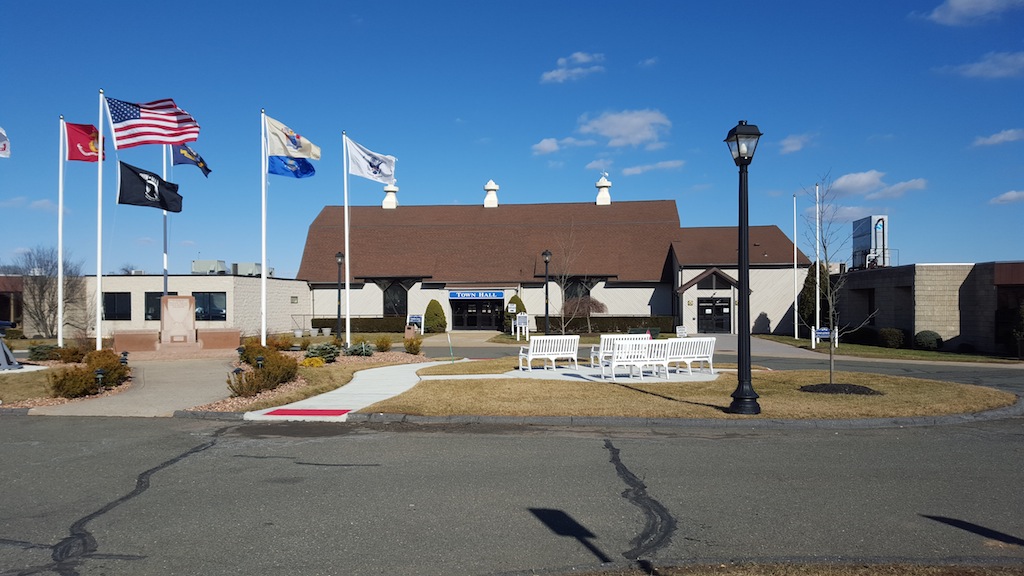By Jonathan Hornik
Marlboro is a welcoming, diverse and vibrant community, with many open public spaces for
recreation, houses of worship, and residents involved in all facets of volunteerism. I continue to be amazed at how many generations of families choose to call Marlboro “home.”
I run into fellow Marlboro High School graduates, who, like me, are raising families here. I hear from grandparents living in town that they would love for a grandchild who recently became a teacher or a police officer to be able to settle down here.
Many parents like me who grew up here and came back home can think of nothing better than having their children live in the safe and supportive community that is Marlboro. This close-knit, small-town feel has helped solidify our status as one of the premier suburban communities in the state.
Since I took office in 2008, our focus has been on maintaining Marlboro’s quality of life appeal and suburban character. We have preserved more than 260 acres of open space and farmland, protecting large parcels of valuable land from development.
It is against this backdrop that a difficult challenge concerning the future of residential living in Marlboro has been imposed upon us.
It has now been more than four decades since the state Supreme Court issued its first Mount Laurel decision, one that mandated that every municipality provide zoning for the development of affordable housing.
The Council On Affordable Housing (COAH) was established to facilitate affordable housing, for example, through a mandate that fees be charged to developers and preserved in local trust funds.
Unfortunately, after years of turmoil, COAH failed to fulfill its objectives. It is an unfortunate irony that on COAH’s watch, land developers had a green light to file “builders remedy” lawsuits and use the courts to force construction upon towns.
Only in New Jersey could advocates with the laudable goal of creating housing for those in need and greedy developers become so closely aligned. Never has the expression “politics makes strange bedfellows” been more applicable.
Builders filed an onslaught of lawsuits against Marlboro in the early 2000s. One developer
submitted an application to build more than 500 units at the intersection of Route 79 and Route 520, and another aimed to squeeze 250 units on 16 acres of farmland on Tennent Road.
We were not going to let that happen and fought hard to preserve both of these sites. I am proud to say both of these properties will remain farmland and open space in perpetuity.
In the most cynical act of all, then-Gov. Chris Christie moved to impound local affordable housing trust funds to plug a hole in the state budget. After being rebuked by the courts, Christie gutted COAH and the state Supreme Court ruled New Jersey had failed to meet its Mount Laurel affordable housing mandate.
Towns then began to receive orders to appear in court and as of today several towns have gone through a long and tortuous process.
Some towns have fought on, expending significant legal sums, only to lose and have a judge unilaterally impose an astronomical amount of housing upon them.
Other towns have remained at the table to maintain some level of input. If there could be a less effective way to address the issue of housing, New Jersey certainly found it. And here we are.
After more than 12 years of battling, a judge has issued an order mandating the expansion of affordable housing opportunities in Marlboro.
No one fought harder on this issue than I, and by remaining engaged we maximized every credit possible for housing already built, limiting our exposure to new construction. That said, the judge’s order will require the rezoning of parcels to at least allow for the possibility of future residential construction, including some affordable units.
My commitment is clear – should any housing be constructed as a result of a judge’s order, it will be “generational housing.”
The annual income under which a family of three may qualify for affordable housing in Monmouth County is nearly $90,000, a threshold which opens up opportunities for the returning children of Marlboro parents and young entry level professionals such as police officers and teachers.
Empty-nesters and seniors on a fixed income who wish to remain in Marlboro will have the opportunity to do so. And we have a duty to those who have sacrificed on behalf of our country – veterans will have a chance to call Marlboro their home.
I will also encourage the redevelopment of blighted, environmentally questionable junkyard sites in town, and lay the groundwork for a long-awaited downtown with small shops accessible by bicyclists and pedestrians, and preserving additional acres of open space for future generations to enjoy.
I am a lifelong resident and love this community with all my heart. I am confident that
together we will make the best of a less than ideal situation, and that Marlboro will continue to provide the highest quality of life for our families and be a premier destination for generations to come.
Jonathan Hornik is the mayor of Marlboro.

